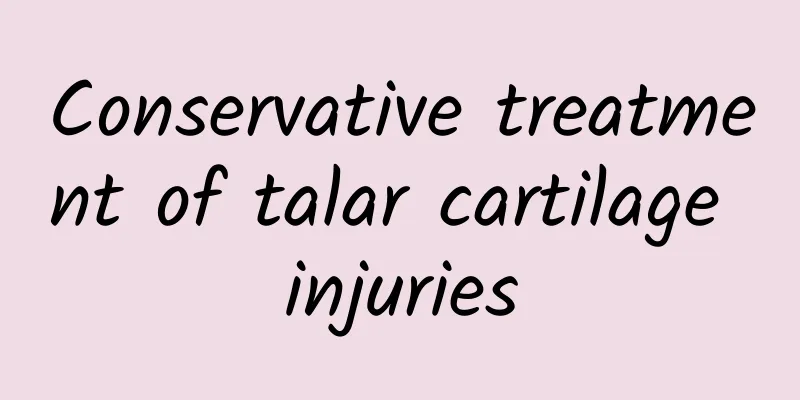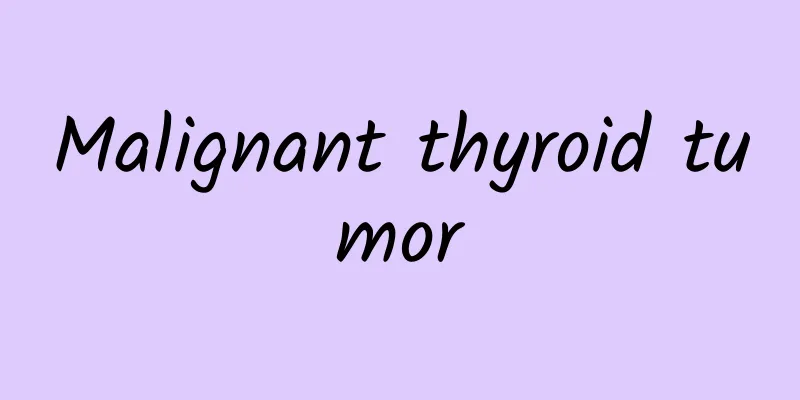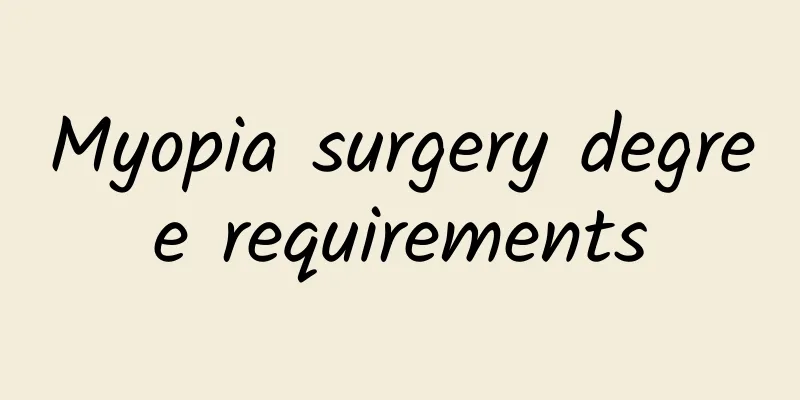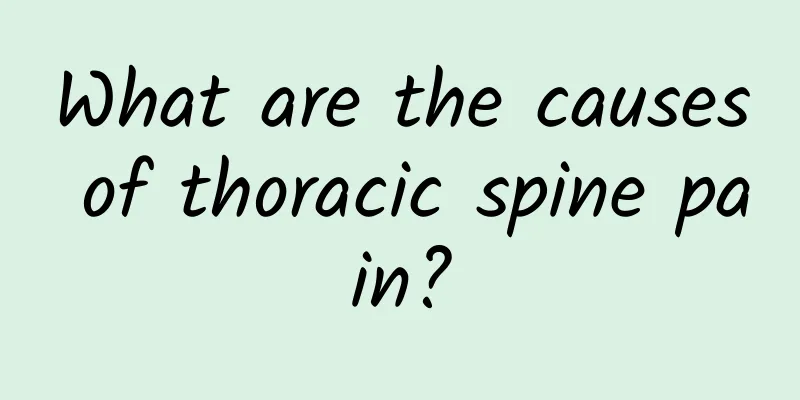Conservative treatment of talar cartilage injuries

|
Sometimes you may sprain your ankle if you are not careful when walking. This is a very easy phenomenon. If it is serious, it will cause talar cartilage damage. This disease occurs more often in men than in women. As the saying goes, it takes 100 days to heal a broken bone. Therefore, the conservative treatment time for talar cartilage damage is about one to three months. During this period, you must pay attention to rest more, do not exert force, and be sure to massage your legs frequently so that it can recover as soon as possible. Talus osteochondral injury, also known as talar osteochondritis dissecans, has many names for this type of disease, such as transcartilaginous talar fracture, occult osteochondral fracture, etc. It is currently mostly called talar osteochondral injury. The cause of talar osteochondral injury is not completely clear, but it is considered to be similar to the mechanism of osteochondritis dissecans of the knee, that is, it is related to trauma and ischemia. This disease is mainly common in adults, more common in men than in women. Most patients have a history of ankle sprain and ankle pain after injury. , the swelling persists and is often accompanied by stiffness, weakness, instability and even locking. During examination, there is pain and swelling when the ankle is flexed and extended, and tenderness is often found at the inner and outer edges of the superior articular surface of the talus when the ankle is plantar flexed. Magnetic resonance imaging (MRI) significantly improves the accuracy of diagnosis and can accurately display articular cartilage, subchondral bone, fibrous cartilage, synovial fluid and granulation tissue. MRI can accurately determine the scope and extent of damage, providing an important basis for treatment. The treatment of talar osteochondral injuries is divided into non-surgical treatment and surgical treatment. It is generally believed that for adolescent patients, if the injury area is small and the exfoliated bone fragment is stable, conservative treatment can be used, including limiting activity, wearing a brace, and medication and physical therapy. If conservative treatment is ineffective for more than 3 to 6 months or the damaged area is large, surgical treatment should be adopted. Current surgical treatment methods include: (1) Arthroscopic surgery: including arthroscopic lesion cleaning alone and arthroscopic lesion cleaning plus microfracture (or drilling). The advantages are small surgical trauma and quick postoperative recovery. It is effective in treating small-area talar cartilage injuries, with an excellent and good rate of 83% to 93%. (2) Autologous osteochondral transplantation or chondrocyte transplantation: For cases where arthroscopic lesion cleaning and microfracture surgery are ineffective, or for cases with large-area talar osteochondral damage or deep bone cysts, autologous osteochondral transplantation, autologous bone with periosteum or chondrocyte transplantation can be tried, with an excellent and good rate of up to 90%. |
<<: What to do if you have a facial injury
>>: How long does it take to recover from a nose surgery?
Recommend
What does acne on the eyebrows indicate?
Many people will get acne on their skin, especial...
How to prevent vitiligo
If you have vitiligo, you must receive timely tre...
Neuroendocrine tumors g2
Neuroendocrine tumors are a relatively large type...
Benefits of Rice Vinegar Foot Soak
Rice, oil, salt, sauce, vinegar and tea, I believ...
How much is xylitol per pound
Many people know maltitol from the gift boxes of ...
The basis of whitening: hydrating and moisturizing, have you done it?
Many people want to make their skin white and ten...
When is the best time to treat cerebral embolism?
In daily life, cerebral embolism is a relatively ...
The efficacy and function of back moxibustion
Moxibustion has a long history in my country and ...
What is glycerin
There are many things in our daily life that are ...
Why do I have stomach pain after getting excited?
In life, we often encounter many unpleasant thing...
Can I get pregnant with uterine fibroids?
Becoming a mother is what most female friends wis...
A review of new antidepressant drugs
Depression is a relatively common mental illness....
Accidentally got sunburned? First aid tips are really needed!
It’s scorching hot in midsummer, and when traveli...
Pictures and effects of small money grass
Small money grass is also known as horse hoof gol...
Symptoms of retinal arteriosclerosis
Arteriosclerosis is relatively common in clinical...









